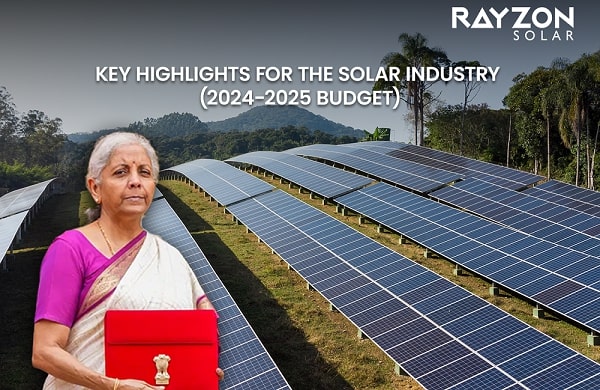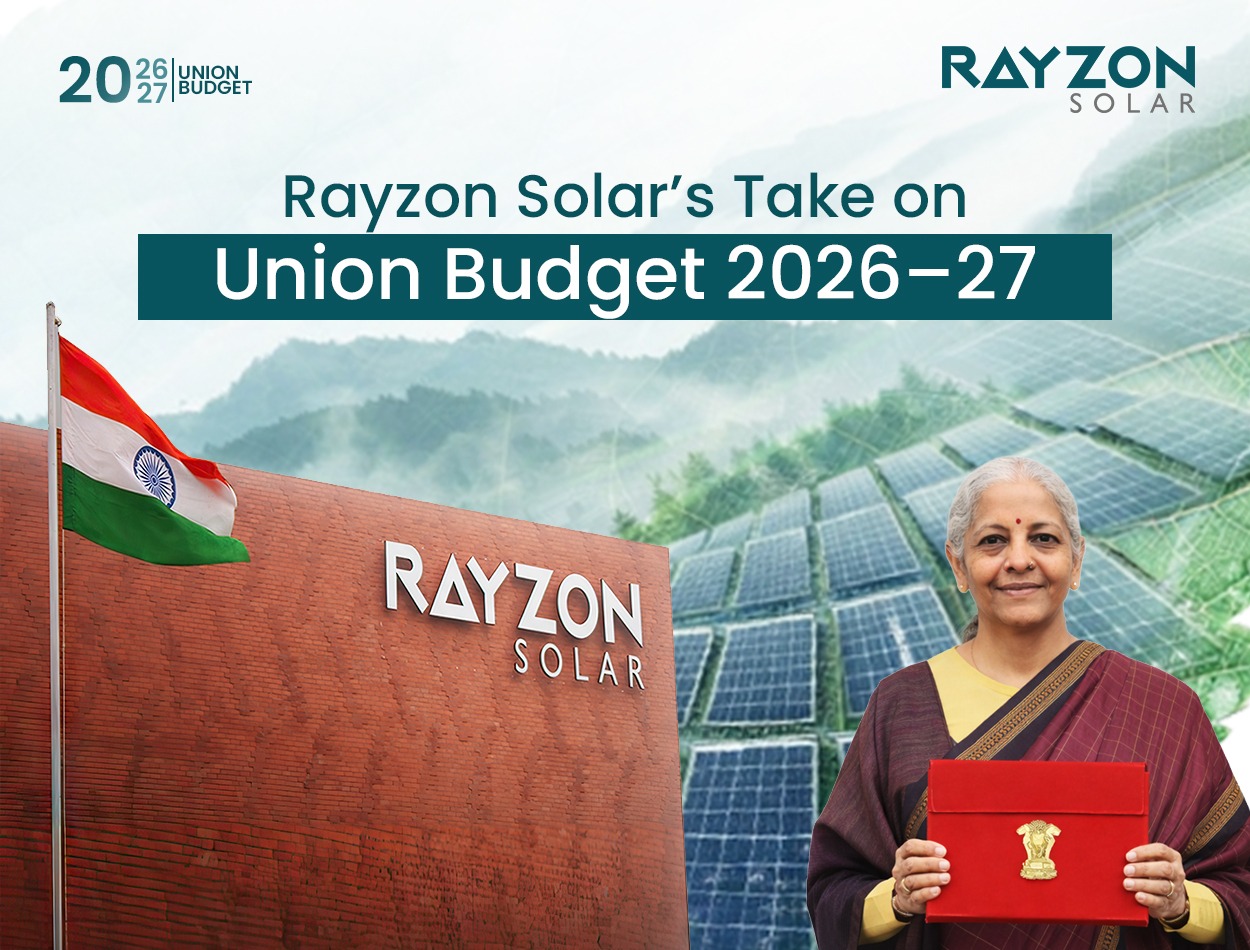
Key Highlights for the Solar Industry (2024-2025 Budget)
1) Increased Funding for Solar Research and Development:
Budget Allocation: The new budget includes a substantial increase in funding for solar R&D initiatives. This investment is aimed at accelerating technological advancements in solar energy, such as improving panel efficiency and developing new materials.
Objective: To drive innovation and maintain a competitive edge in the global solar market.
2) Expansion of Solar Incentives:
Residential and Commercial Incentives: The budget introduces enhanced tax credits and rebates for both residential and commercial solar installations. These incentives are designed to make solar energy more affordable and accessible to a broader range of consumers.
Focus: Encouraging widespread adoption of solar technology and supporting the transition to renewable energy sources.
3) Support for Large-Scale Solar Projects:
Funding for Projects: Increased funding has been allocated for large-scale solar projects, including utility-scale solar farms and solar energy storage solutions.
Objective: To support the development of significant solar infrastructure that contributes to grid stability and energy security.
4) Strengthening Domestic Solar Manufacturing:
Manufacturing Grants: The budget includes grants and subsidies aimed at boosting domestic solar panel manufacturing. This initiative seeks to reduce dependence on imported solar technology and promote local production.
Impact: Expected to create jobs and stimulate economic growth within the solar manufacturing sector.
5) Enhanced Solar Integration and Grid Modernization:
Investment in Grid Infrastructure: The budget allocates funds for modernizing the electrical grid to better integrate solar power. This includes investments in smart grid technologies and energy storage systems.
Goal: To improve grid reliability and facilitate the integration of increasing amounts of solar energy into the power system.
6) Support for Solar Training and Education Programs:
Educational Grants: New grants are provided to educational institutions and training programs focused on solar technology and renewable energy careers.
Purpose: To develop a skilled workforce capable of supporting the growth of the solar industry and meeting future demands.
7) Environmental and Social Impact Initiatives:
Community Projects: Funding is also allocated for solar projects in underserved communities and low-income areas. These projects aim to enhance energy access and provide economic benefits to disadvantaged populations.
Objective: To promote social equity and environmental justice through renewable energy initiatives.
These highlights from the 2024-2025 budget demonstrate a strong commitment to advancing solar energy technology, expanding its adoption, and supporting the growth of the solar industry.




